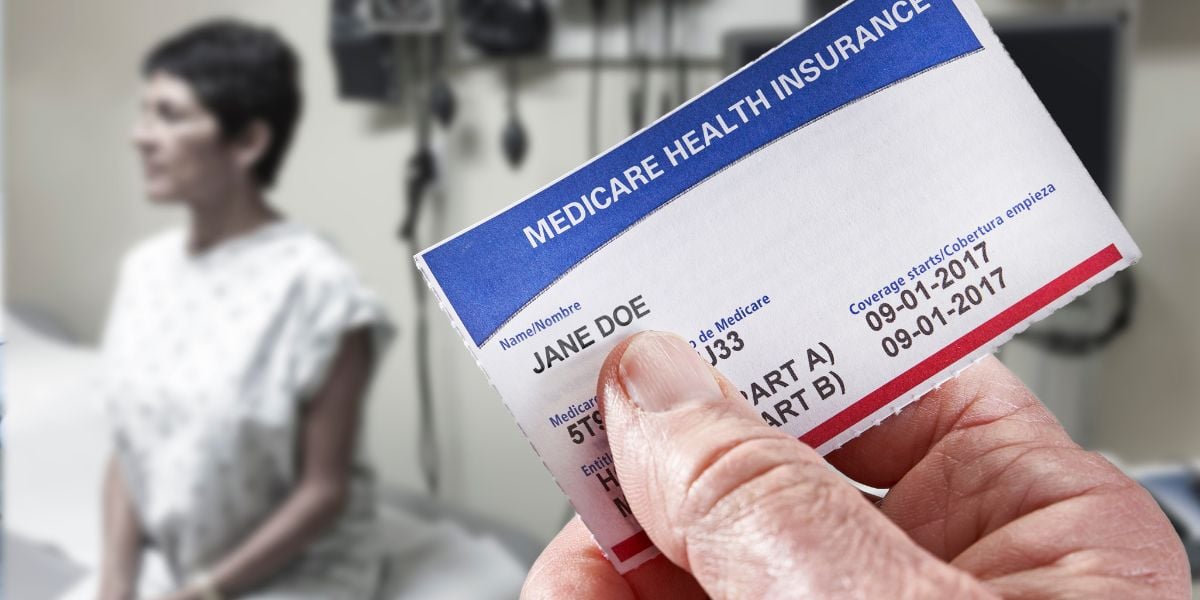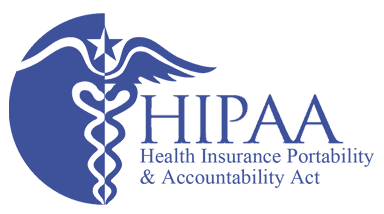
The "need to know" rule in HIPAA stipulates that access to PHI should only be granted when it is necessary to fulfill specific tasks or responsibilities. This rule aims to minimize unauthorized access, ensuring that healthcare providers and their employees handle PHI for legitimate purposes, such as treatment, payment, or healthcare operations.
The minimum necessary standard and the need to know rule
The minimum necessary standard is a central principle of HIPAA's Privacy Rule and works in tandem with the need to know rule. This standard requires healthcare providers to limit the PHI accessed or disclosed to the least amount needed to achieve the intended objective.
To understand the relationship between the need to know rule and the minimum necessary standard, consider these steps:
- Determining access: The need to know rule governs who can access PHI based on their role and job responsibilities. For example, a nurse responsible for administering medications will need access to the patient's medication list but not their entire medical history.
- Limiting information: Once access has been granted, the minimum necessary standard comes into play, ensuring that only the relevant PHI is accessed or disclosed. In the previous example, the nurse would only see the patient's medication list and not other unrelated health information.
- Regular review: Healthcare providers should regularly review and update their policies and procedures to ensure that employees adhere to both the need to know rule and the minimum necessary standard. This process may include routine audits, monitoring, and staff training.
By adhering to the need to know rule and the minimum necessary standard, healthcare providers can effectively prevent unwarranted or excessive access to PHI, preserving patient privacy and complying with HIPAA regulations.
Examples of need to know situations
- Treatment: A cardiologist treating a patient with a heart condition needs access to their medical history, including previous diagnoses, medications, and relevant test results.
- Payment: A billing specialist in a hospital requires access to a patient's demographic information, insurance details, and specific diagnostic and procedural codes to generate an accurate invoice. They do not need to access the patient's full medical history.
- Healthcare operations: A quality control officer reviews a subset of patient records to evaluate clinical outcomes and identify areas for improvement. Access to the records is restricted to the minimum necessary information for this purpose.
In each scenario, only the relevant PHI should be accessed, adhering to the minimum necessary standard.
Implementing the need to know rule
Healthcare providers can take the following steps to implement the need to know rule effectively:
- Develop and enforce clear policies and procedures outlining the roles and responsibilities of employees concerning PHI access.
- Implement role-based access controls, granting access to PHI based on job functions and responsibilities.
- Conduct regular audits to monitor employee access to PHI and identify potential breaches or non-compliant behavior.
- Provide ongoing training and awareness programs for staff to ensure they understand their obligations and the penalties for non-compliance.
- Utilize HIPAA compliant email services to securely communicate PHI with patients and other authorized entities, ensuring that the need to know rule is upheld in electronic communications as well.
What are the penalties for non-compliance?
Non-compliance with the need to know rule can lead to significant penalties. Depending on the severity of the violation, consequences may include:
- Monetary fines: The Office for Civil Rights (OCR) can impose civil monetary penalties ranging from $100 to $50,000 per violation, with an annual maximum of $1.5 million for identical violations.
- Criminal charges: In extreme cases, individuals responsible for breaches may face criminal charges, which could result in imprisonment for up to 10 years.
Accessing unrelated PHI that is not required for a specific job's purposes could potentially be considered a breach of the HIPAA need to know rule and minimum necessary standard. When healthcare professionals access PHI beyond what is necessary for their job responsibilities, they risk violating the privacy and security of patient information.
For example, a billing specialist who views a patient's psychiatric records when their job only requires accessing the patient's insurance and diagnostic codes for billing purposes might be considered non-compliant. In such cases, healthcare providers could be subject to penalties, including fines and corrective action plans, as mentioned above.
To mitigate this risk, healthcare organizations should implement strict access controls, provide regular training, and consistently review and update their policies and procedures. By ensuring that employees only access the PHI that is relevant and necessary for their specific job functions, healthcare providers can maintain compliance with the need to know rule and minimum necessary standard while protecting patient privacy.
EHR snooping and the need to know rule
Electronic Health Record (EHR) snooping refers to the unauthorized or inappropriate access of a patient's electronic health records by healthcare professionals, employees, or other individuals who do not have a legitimate reason to view the information. EHR snooping violates HIPAA's need to know rule and minimum necessary standard, as it involves accessing PHI without a valid purpose.
EHR snooping is a breach of patient privacy and can result in significant consequences for both the individual responsible and the healthcare provider.
Go deeper:
- EHR Snooping: Tackling unauthorized access and strengthening trust
- EHR snooping incident at Asante: Unauthorized access exposes patient data
The HIPAA need to know rule is a crucial component in maintaining patient privacy. By adhering to this rule and the minimum necessary standard, healthcare providers ensure responsible handling of PHI, mitigate risks like EHR snooping, and foster patient trust within the healthcare industry.
Subscribe to Paubox Weekly
Every Friday we bring you the most important news from Paubox. Our aim is to make you smarter, faster.

 Dean Levitt
Dean Levitt



